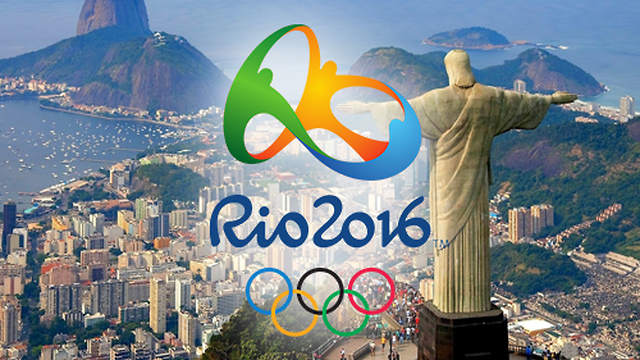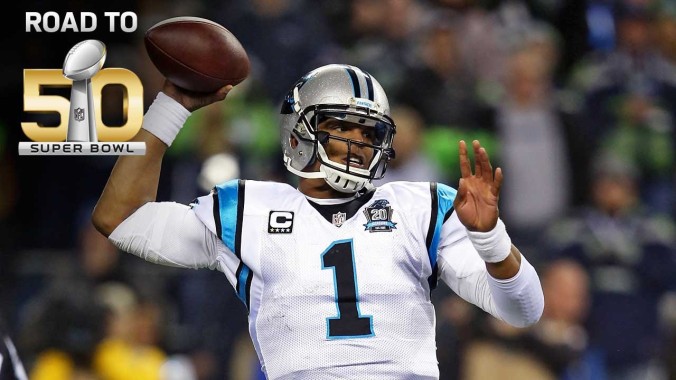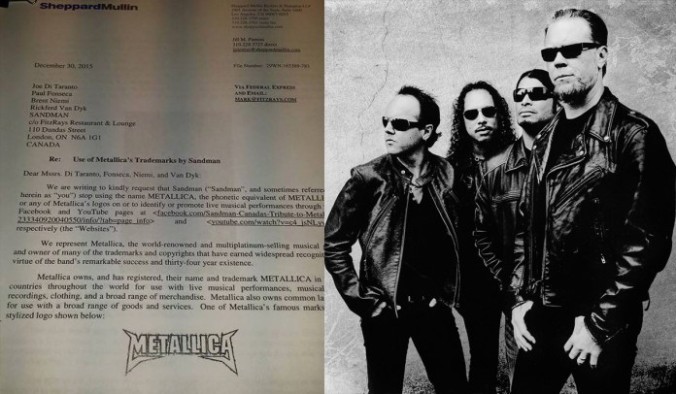August 4, 2016
The 2016 Olympic Games® in Rio are set to officially open this Friday, August 5, 2016.[1] Every four years, for a glorious 16 days, the world gathers in unison to watch athletes compete for the gold medal in a multitude of games in varying degrees of popularity. The world also gathers to sell you things. Lots and lots of goods and services will be offered through fancy advertising. Many of these ads will exploit the famous Olympic rings and pictures of the Games in association with certain products. “Official sponsor of the Olympic Games” being a key phrase.
Why is this? It is because the Olympic Games are serious business. Not surprisingly, the use of Olympic-themed trademarks is equally serious business. Even in the United States, these trademark rights supersede U.S. trademark law in many areas and are granted a “privileged status.”[2] The International Olympic Committee (IOC) owns most of these trademarks and it is hyper-vigilant in its enforcement of the uses of these marks.
What constitutes an Olympic trademark? Why are they given special privileges? Let’s explore!




Recent Comments